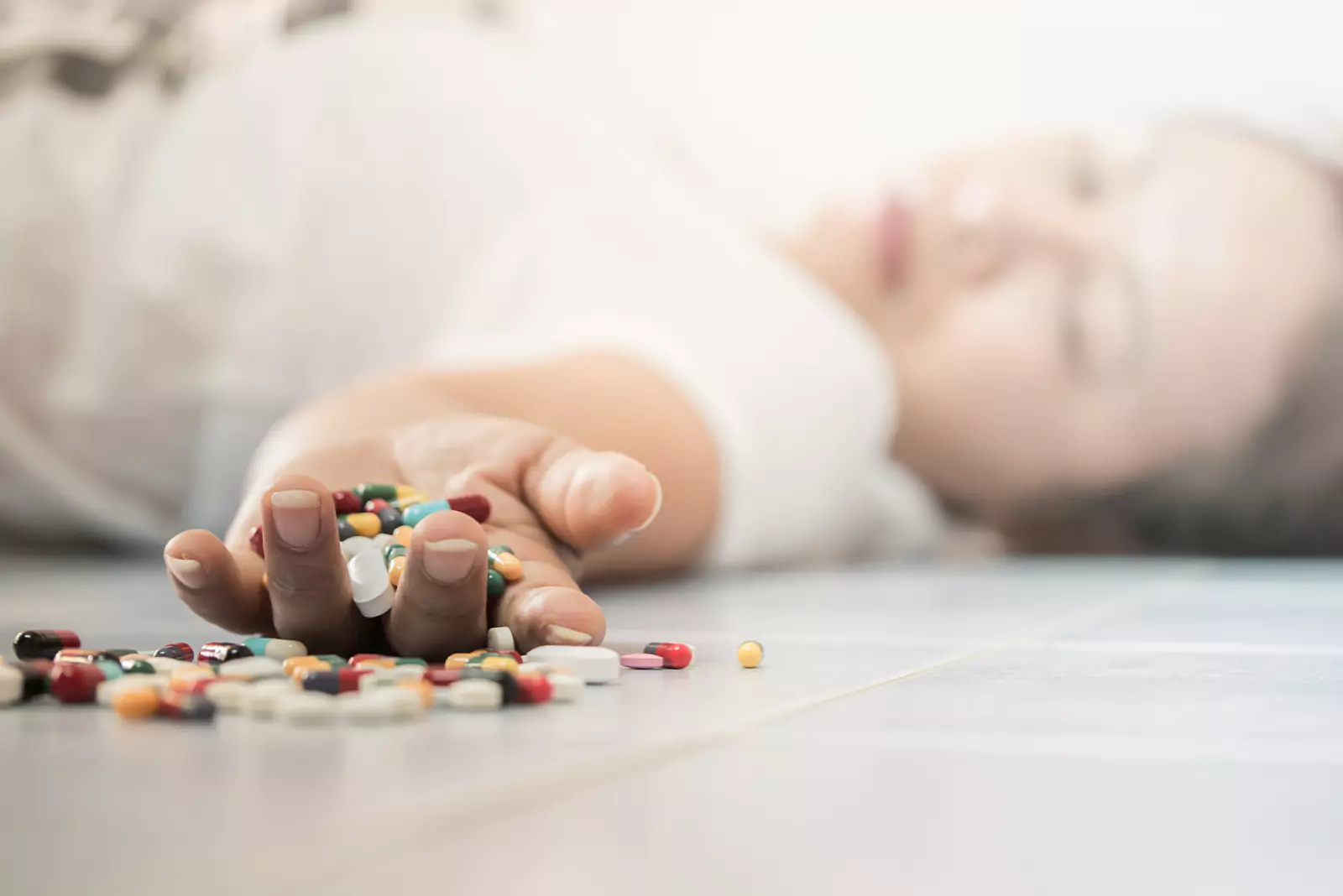
Break the Cycle of Heroin Dependence With Compassionate, Medically Supervised Care
Heroin addiction is one of the most dangerous and rapidly destructive forms of substance use disorder. It affects the brain's reward system, leading to intense cravings, physical dependence, and emotional instability. Over time, heroin takes control of not just the body, but the mind, relationships, and entire life of an individual. At Calida Rehab, we offer structured, evidence-based heroin addiction treatment programs at our centers in Pune, Mumbai, and Karjat.
Our multidisciplinary team of psychiatrists, physicians, addiction counselors, and holistic therapists works together to create a recovery plan that ensures medical safety, emotional support, and long-term healing. Whether you are seeking treatment for the first time or returning after relapse, Calida Rehab provides a safe and non-judgmental path toward lifelong sobriety.
Understanding Heroin Addiction
Heroin is an opioid drug synthesized from morphine. It enters the brain rapidly and binds to opioid receptors, producing euphoric sensations. Repeated use leads to intense physical dependence, high tolerance, and withdrawal symptoms upon cessation.
Forms of Heroin:
-
White or brown powder (typically snorted or injected)
-
Black tar heroin (usually smoked or injected)
Street Names:
-
Smack
-
H
-
Junk
-
Brown sugar
Signs and Symptoms of Heroin Addiction
-
Constricted (pinpoint) pupils
-
Sudden weight loss
-
Track marks or needle scars
-
Slurred speech
-
Flushed skin and dry mouth
-
Constipation
-
Secretive or suspicious behavior
-
Social withdrawal
-
Changes in appearance and hygiene
-
Intense mood swings or aggression
-
Stealing or borrowing money frequently
-
Neglecting responsibilities at home, school, or work
Effects of Long-Term Heroin Use
Heroin addiction can lead to serious, often irreversible damage:
-
Collapsed veins
-
Infections of the heart lining and valves
-
Liver and kidney disease
-
Respiratory problems and lung infections
-
Risk of HIV, Hepatitis B/C from needle sharing
-
Infertility and sexual dysfunction
-
Depression and anxiety
-
Paranoia or hallucinations
-
Cognitive decline and impaired decision-making
-
Suicidal thoughts
Causes and Risk Factors
Several interconnected factors may contribute to heroin addiction:
-
Genetic predisposition
-
History of prescription opioid misuse
-
Trauma or chronic pain
-
Mental health conditions (e.g., depression, PTSD, anxiety)
-
Peer influence and environment
At Calida Rehab, we assess these root causes to build a recovery plan that promotes sustainable healing.
Our Comprehensive Approach to Heroin Addiction Treatment
Heroin recovery requires medically supervised detoxification, structured therapy, and lifestyle rebuilding. Our treatment phases include:
Our psychiatrists begin with a detailed assessment to:
-
Substance use history and patterns
-
Psychiatric and physical health evaluations
-
Identification of co-occurring disorders (e.g., bipolar disorder, trauma)
Heroin withdrawal symptoms can be severe and even life-threatening. Our detox program includes:
Phased Therapy Model:
-
24/7 medical supervision
-
Gradual tapering using medications like Buprenorphine or Methadone
-
Relief from symptoms such as insomnia, sweating, pain, nausea, and anxiety
-
Emotional support during the acute detox phase
We may include long-term MAT for relapse prevention:
Cognitive Behavioral Therapy (CBT):
-
Naltrexone: Blocks opioid receptors to reduce cravings
-
Buprenorphine: Reduces withdrawal symptoms and cravings
All medication plans are supervised by licensed addiction psychiatrists.
Therapy helps address the psychological root of addiction:
Cognitive Behavioral Therapy (CBT):
-
Restructure thoughts and behaviors linked to heroin use
-
Strengthen coping strategies
Dialectical Behavior Therapy (DBT):
-
Regulate emotional triggers
-
Build distress tolerance and interpersonal skills
Family Therapy:
-
Address unresolved trauma through EMDR or narrative therapy
We help patients restructure their daily lives for better emotional balance:
-
Sharing experiences in a safe, moderated setting
-
Developing empathy, accountability, and social reinforcement
-
Educating families on addiction as a medical condition
-
Family therapy to rebuild trust and communication
-
Guidance on boundaries and aftercare support
-
Creating an individualized relapse prevention plan
-
Identifying triggers and risk environments
-
Ongoing outpatient counseling
-
Sober living options and peer recovery groups
Holistic and Wellness-Based Interventions
To support whole-body healing, Calida Rehab incorporates:
-
Yoga and Breathwork to calm the nervous system
-
Art and Music Therapy for emotional expression
-
Fitness programs and structured physical activity
-
Nutritional guidance for physical recovery
-
Mindfulness practices to manage stress and cravings
Facilities at Calida Rehab
Our Pune, Mumbai, and Karjat centers offer:
-
Private and shared rooms with modern amenities
-
Therapy rooms and wellness studios
-
24/7 medical and residential staff
-
Gender-sensitive and trauma-informed care spaces
-
Safe, secure, and discreet environments for focused recovery
Why Choose Calida Rehab for Heroin Addiction Treatment?
-
Medically Supervised Detox and MAT
-
Evidence-Based Psychotherapy and Trauma Care
-
Holistic Healing and Lifestyle Rebuilding
-
Family-Centered Support and Education
-
High-Privacy Facilities in Nature-Rich Locations
-
Comprehensive Aftercare and Long-Term Planning
Reclaim Your Life. One Step at a Time.
Heroin may have taken a toll on your life—but healing is possible. At Calida Rehab, we offer compassionate, structured, and medically safe treatment to help you break free and rebuild your future.
Frequently Asked Questions – FAQs
Yes. With the right combination of detox, therapy, medication, and support, individuals can recover and lead drug-free, fulfilling lives.
Common symptoms include intense cravings, sweating, body aches, restlessness, insomnia, diarrhea, anxiety, and nausea. Medical detox is critical for managing these safely.
Residential treatment generally ranges from 30 to 90 days, followed by outpatient therapy and relapse prevention care.
Yes, if needed. We use medications like Buprenorphine and Clonidine to ease withdrawal symptoms and protect your health.
Yes. Family involvement is encouraged and coordinated based on clinical progress and therapy schedules.